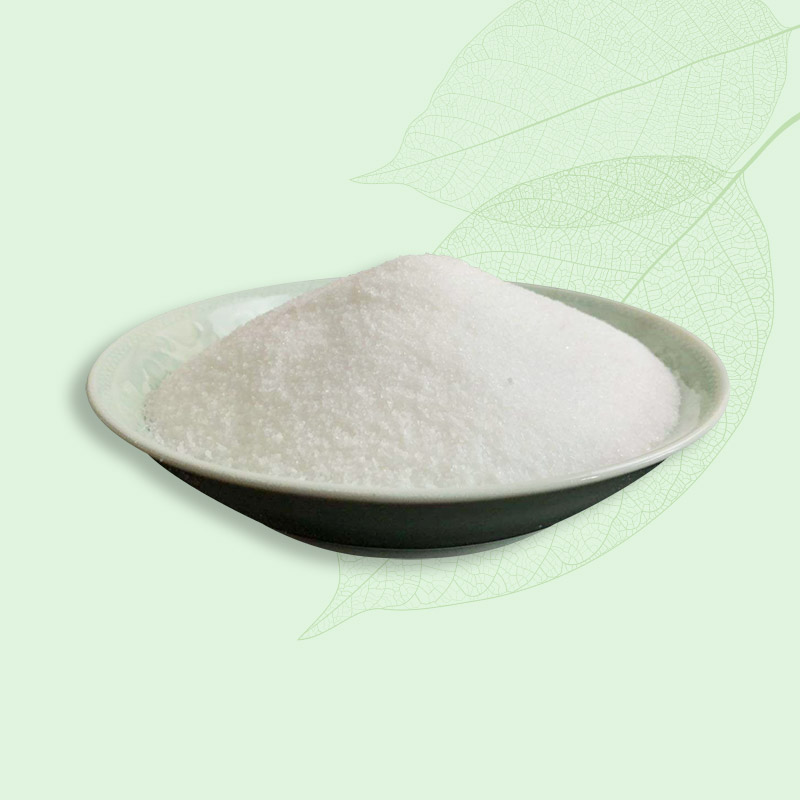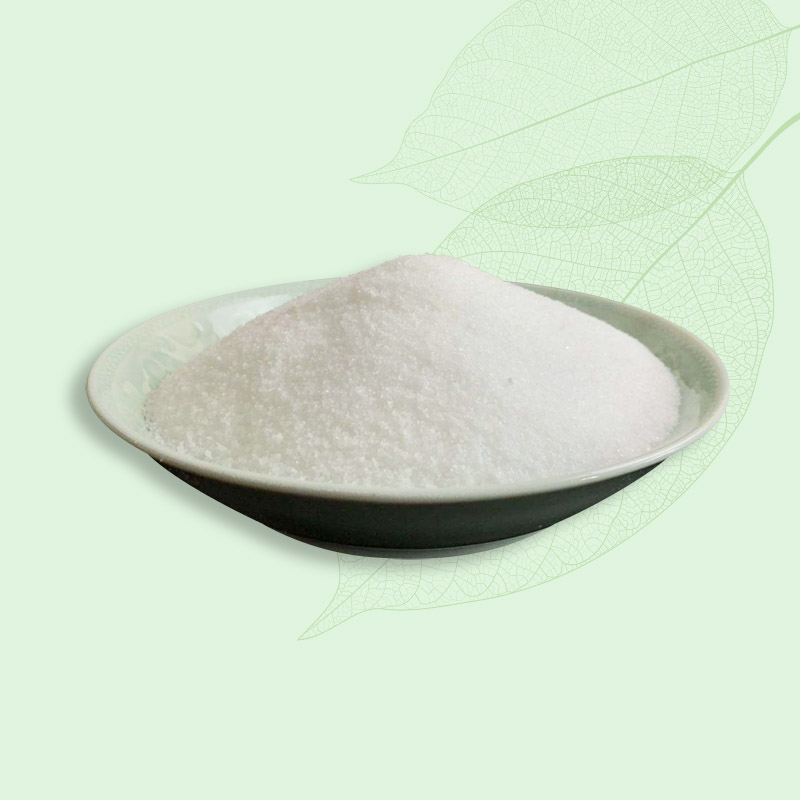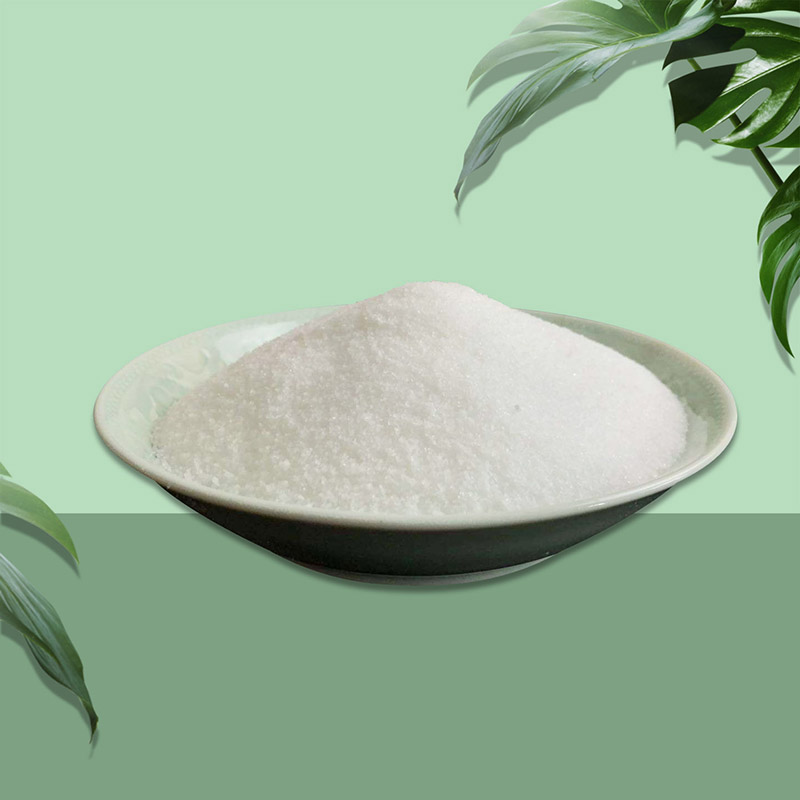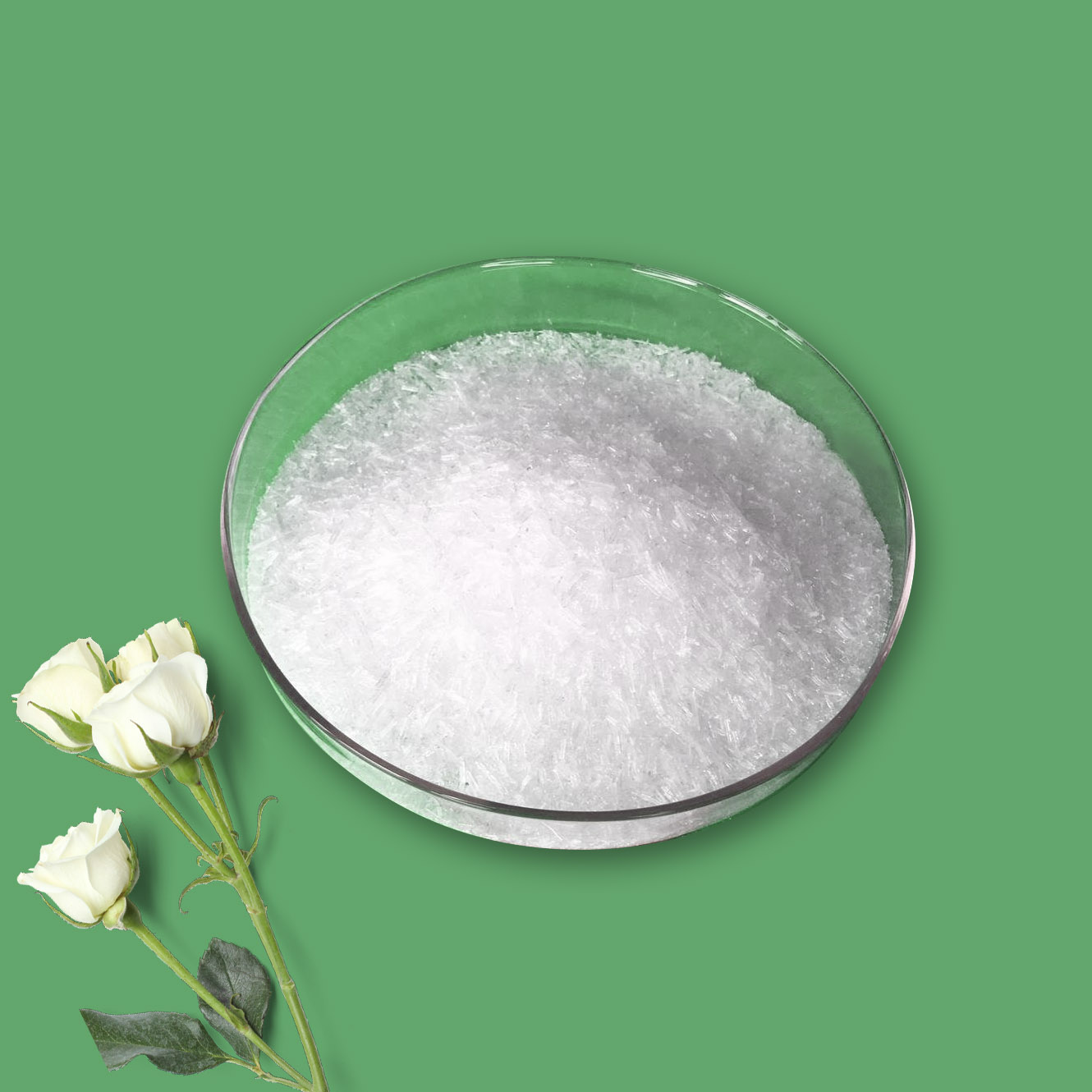Phosphate esters are prepared by a special catalytic esterification method, and are anionic, often compounded with non-ionic, anionic, and zwitterionic. It is easily soluble in organic solvents and has good stability. Acid resistance, alkali resistance, high temperature resistance, hard water resistance, inorganic salt resistance. Phosphate ester has excellent decontamination, emulsification, dispersion, cleaning, wetting, anti-static and anti-rust properties, and has strong degreasing power.
Explanation of the use of phosphate esters:
1. Excellent emulsification and solubilization. It has excellent emulsifying ability for animal and vegetable oils, fatty acid esters, silicone oils, and mineral oils;
2. It has good surface activity at low concentration, showing excellent wetting and washing performance and synergistic effect;
3. Non-toxic, non-irritating, similar to natural phospholipids, good affinity with the skin, high efficiency, low foam and easy to rinse;
4. Anti-static, anti-corrosion; acid-resistant, alkali-resistant, high-temperature resistant, and not resistant to hard water.
Phosphate esters are widely used in the metal processing industry to reduce friction and wear under boundary lubrication conditions caused by high loads. Phosphate series surfactants include fatty alcohol phosphates and fatty alcohol phosphates, which are generally prepared from fatty alcohols and phosphorylation agents (orthophosphoric acid and phosphorus pentoxide). Phosphate ester is quite lipophilic. After being neutralized with alkali, it reaches the predetermined neutrality or alkalinity and has good surface activity.
Fatty alcohol
phosphate esters are extremely effective in applications that particularly need to withstand extreme pH, heat, or electrolytes. In addition, fatty alcohol phosphate sodium salt is easily soluble in water, and its function is not affected by hard water.
 English
English  简体中文
简体中文  Español
Español  Português
Português  русский
русский  Français
Français  日本語
日本語  Deutsch
Deutsch  tiếng Việt
tiếng Việt  Italiano
Italiano  Nederlands
Nederlands  ภาษาไทย
ภาษาไทย  Polski
Polski  한국어
한국어  Svenska
Svenska  magyar
magyar  Malay
Malay  বাংলা ভাষার
বাংলা ভাষার  Dansk
Dansk  Suomi
Suomi  हिन्दी
हिन्दी  Pilipino
Pilipino  Türkçe
Türkçe  Gaeilge
Gaeilge  العربية
العربية  Indonesia
Indonesia  Norsk
Norsk  تمل
تمل  český
český  ελληνικά
ελληνικά  український
український  Javanese
Javanese  فارسی
فارسی  தமிழ்
தமிழ்  తెలుగు
తెలుగు  नेपाली
नेपाली  Burmese
Burmese  български
български  ລາວ
ລາວ  Latine
Latine  Қазақша
Қазақша  Euskal
Euskal  Azərbaycan
Azərbaycan  Slovenský jazyk
Slovenský jazyk  Македонски
Македонски  Lietuvos
Lietuvos  Eesti Keel
Eesti Keel  Română
Română  Slovenski
Slovenski  मराठी
मराठी 




